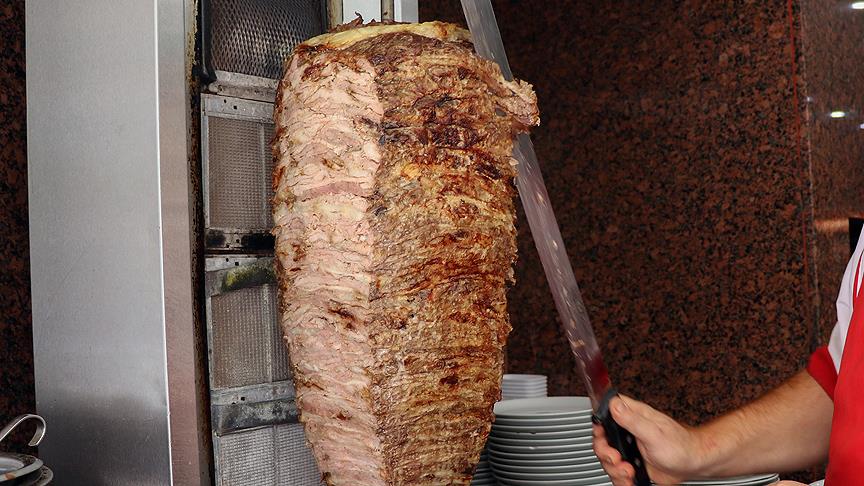
The conflict between Türkiye and Germany over the traditional doner kebab remains unresolved. In April, Türkiye submitted an application to the European Union for the official registration of doner under the EU's system for protected traditional foods.
However, the application has faced 11 objections, including one from the German Federal Ministry of Food and Agriculture. The European Commission is expected to make its decision by Sept. 24.
The debate over doner kebab has become a prominent topic in Germany, where the preparation method significantly differs from that outlined in Türkiye’s application.
Türkiye's registration application, submitted in April, includes detailed specifications, such as the age of the animals used, the types of spices involved, and the length of the doner knife.
However, the doner kebab in Germany is prepared differently from the version described in Türkiye’s submission. For example, animals in Germany are slaughtered at a younger age compared to Türkiye. Experts have pointed out that raising an animal for a longer period would significantly increase costs.
Additionally, vegetables, which are widely used in German doner kebabs, are not included in the Turkish recipe, further fueling the dispute.
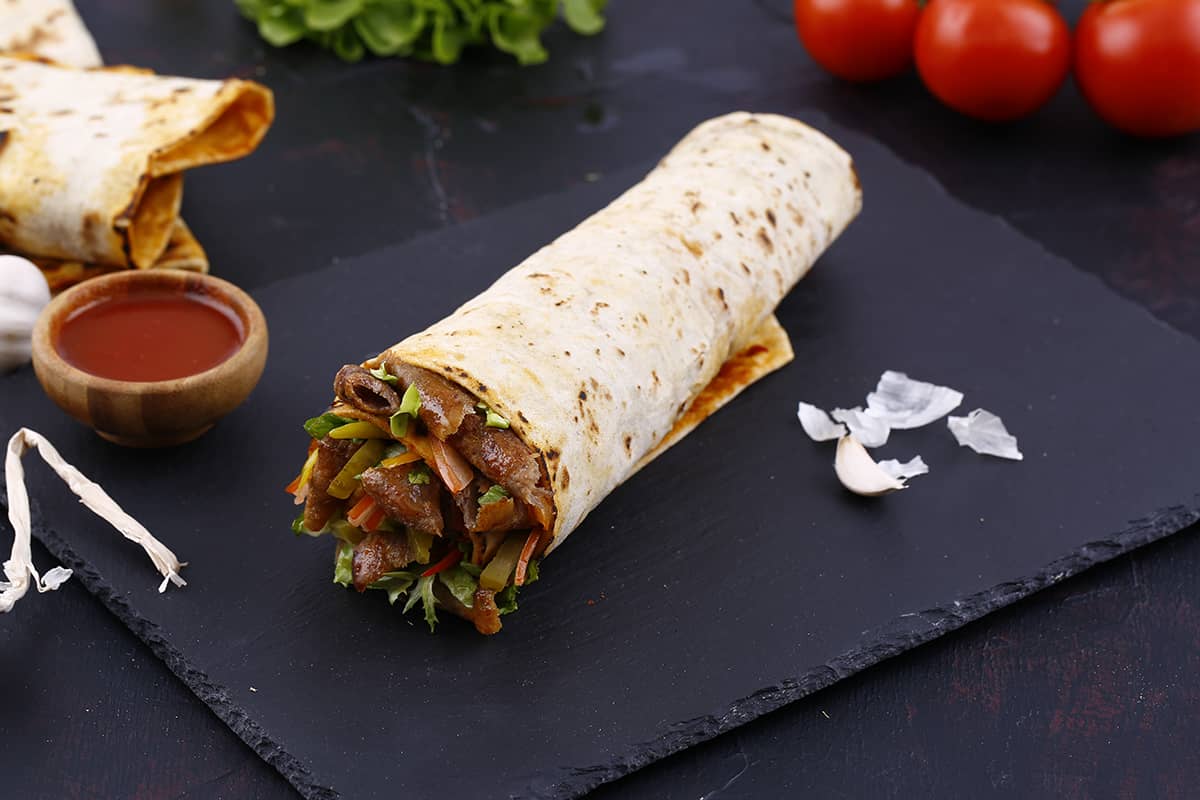
German doner vendors have expressed dissatisfaction with Türkiye’s application. If Türkiye's request is approved, the German version of doner kebab would likely need a name change to be sold in its current form.
Among the 11 objections lodged against Türkiye’s application is the German Federal Ministry of Food and Agriculture. The European Commission will decide by September 24 whether these objections are valid. If so, Türkiye and Germany will have six months to reach a compromise. The final decision will rest with the European Commission.
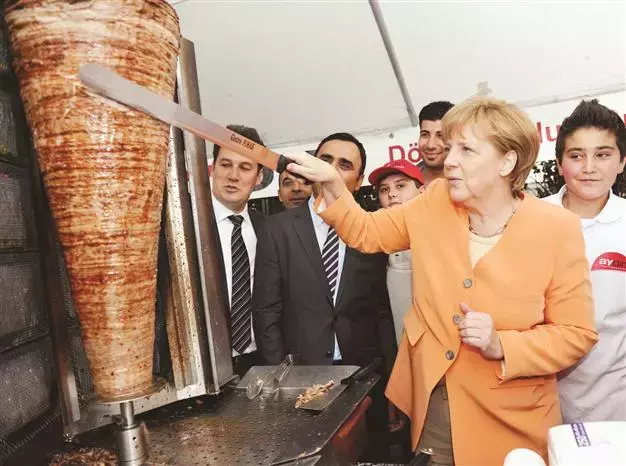
German Food and Agriculture Minister Cem Ozdemir commented before on the issue, saying, “Everyone should be able to prepare and enjoy kebab as they wish. There's no need for directives from Ankara on this matter.” The German Hotel and Restaurant Association also issued a statement emphasizing the importance of preserving variety in kebabs.
Posting on his social media X account, Ozdemir stated, “The doner kebab belongs to Germany. Everyone should be allowed to decide for themselves how it is prepared and eaten here. There is no need for guidelines from Ankara.”
https://twitter.com/cem_oezdemir/status/1816532423108362647

Türkiye’s application for EU recognition was officially announced in the EU’s Official Journal in April. If no objections had been filed, the doner kebab would have been registered after a three-month objection period. However, due to the objections, the registration of doner has been delayed.
This assertion has generated reactions given the doner’s recognized origins. The Oxford English Dictionary defines doner kebab as “A dish of Turkish origin, consisting of seasoned meat (usually lamb) roasted on a vertical spit and cut in slices as the spit turns; the meat cooked in this way.”
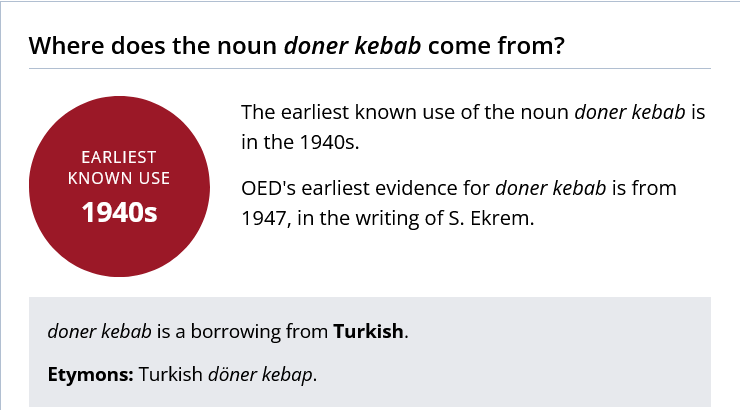
Although Giovanni Branca and John Wilkins are associated with the first steam turbine, there is a steam-powered device in the Ottoman Empire mentioned in Takiyuddin’s 1546 work
In historical accounts, Giovanni Branca is often credited with detailing a steam turbine in 1629. John Wilkins further illustrated a steam turbine in action, rotating a tool, in his “Mathematical Magic”, published in 1648.
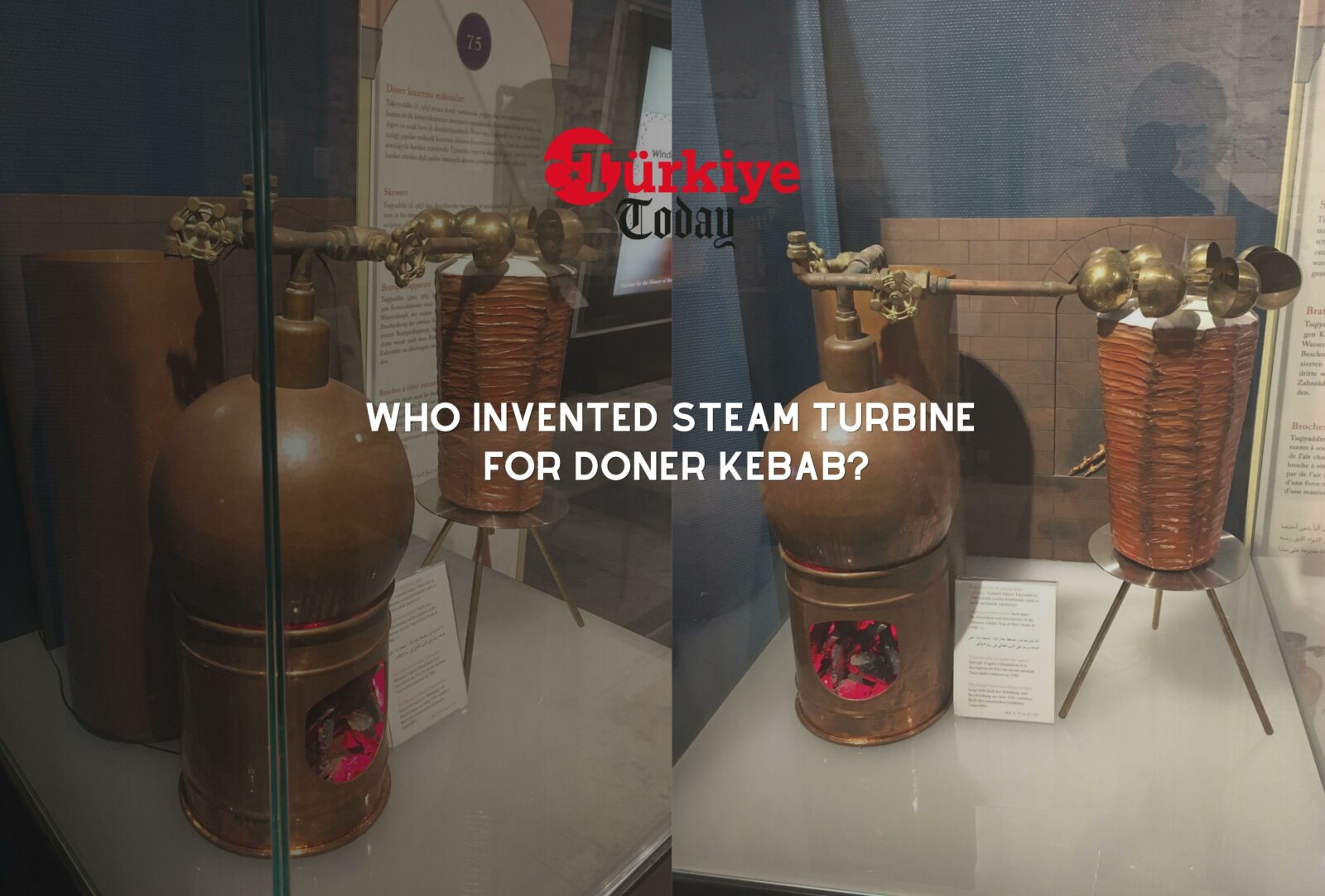
However, recent insights into early engineering innovations shed light on Takiyuddin Muhammad ibn Ma’ruf er-Rasid (1521-1585), an Ottoman astronomer and engineer. In his 1546 work “et-Turuku’s-Seniyye fi’l-Alati’r-Ruhaniyye” (Important Methods on Automata), he intricately described three mechanisms designed to rotate a kebab skewer.